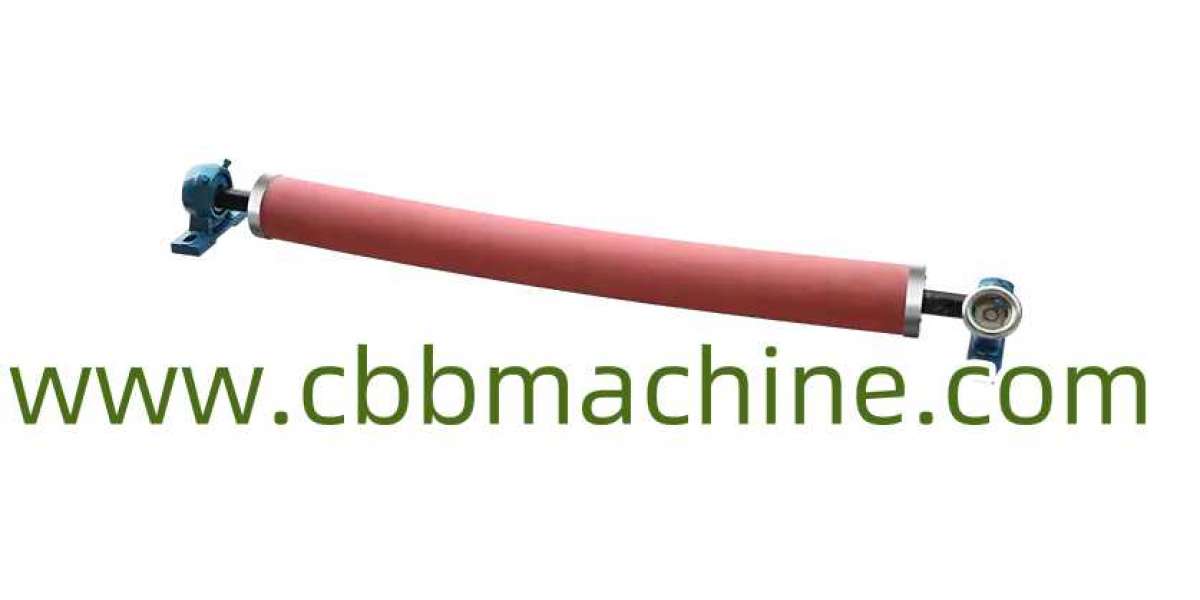CNC (Computer Numerical Control) machines are at the heart of modern manufacturing. These machines offer precise control over tools and processes, enabling businesses to produce highly accurate and intricate parts. However, like any sophisticated piece of machinery, CNC machines require regular maintenance to ensure optimal performance, extend their lifespan, and avoid costly repairs. In this article, we will dive into the essential aspects of CNC machine maintenance, offering valuable insights into how to keep these machines running efficiently.
Understanding CNC Machine Maintenance
Maintaining a CNC machine is crucial to ensuring its longevity and minimizing downtime. Regular maintenance prevents many common problems that can arise, such as system failures, inaccuracies, and costly repairs. CNC machines, whether used for milling, turning, or drilling, are intricate and involve complex parts that require attention. Proper maintenance includes a variety of tasks, from routine checks to more specialized repairs, all aimed at keeping the machine in top condition.
One of the first steps in CNC machine maintenance is understanding the machine’s manual. Each machine model may have specific maintenance requirements based on its design and functionality. Following the manufacturer’s guidelines ensures that all maintenance tasks are performed correctly and safely. The schedule for preventive maintenance typically varies, but a basic maintenance routine will include daily, weekly, and monthly checks to address wear and tear before it becomes a more serious issue.
Routine Maintenance for CNC Machines
Routine maintenance is the foundation of effective CNC machine upkeep. This includes daily tasks that operators can easily perform, such as cleaning, lubrication, and checking for any visible damage. A clean CNC machine is essential for optimal performance, as dirt and debris can interfere with the moving parts and cause malfunctions. Regular cleaning helps to maintain the precision of the machine’s movements, preventing dust or debris from compromising its performance.
Lubrication is another key aspect of routine maintenance for CNC machines. Proper lubrication reduces friction, preventing wear on crucial components like the spindle, bearings, and ball screws. Operators should ensure that lubricants are applied according to the manufacturer’s specifications to avoid overuse or underuse. Additionally, it’s important to monitor fluid levels and replace any old or contaminated fluids regularly. By adhering to a routine maintenance schedule, CNC operators can ensure that their machines are well-maintained and operating efficiently.
Preventing Common CNC Machine Problems
CNC machines are prone to certain issues that can affect their accuracy and efficiency, and many of these problems can be prevented with proper maintenance. One of the most common issues is misalignment. Misalignment can occur over time due to wear and tear, resulting in imprecise cuts and a reduction in product quality. Regular checks of the machine's alignment ensure that all components are positioned correctly, reducing the likelihood of production errors.
Another issue that CNC machines often face is electrical problems. Over time, wiring and connections may degrade, leading to electrical faults that can shut down the machine or cause intermittent failures. Preventive maintenance that includes inspecting and cleaning electrical connections helps to identify potential issues before they result in system failures. By addressing these issues early, CNC operators can avoid costly repairs and production delays.
Advanced Maintenance Techniques for CNC Machines
While basic maintenance can often be handled by operators, more advanced tasks may require the expertise of skilled technicians. These tasks include calibrating the machine’s axes, replacing worn-out components, and performing in-depth diagnostic tests. Calibration is a critical part of advanced maintenance, as it ensures the CNC machine is operating at its intended level of precision. Calibration should be performed regularly to guarantee that the machine’s movements align with the programmed specifications.
Replacing worn-out components is another important aspect of advanced maintenance. CNC machines contain many moving parts, and some, such as motors, spindles, and ball screws, experience significant wear over time. Technicians should be able to identify when a component is nearing the end of its lifespan and replace it before it causes a failure. Additionally, conducting diagnostic tests on key systems can help uncover hidden issues that may not be immediately apparent, ensuring that the machine continues to operate smoothly and efficiently.
The Cost of Neglecting CNC Machine Maintenance
Neglecting CNC machine maintenance can lead to a range of negative consequences, from decreased machine performance to costly breakdowns. One of the most obvious costs of poor maintenance is the loss of productivity. A machine that is frequently down for repairs or misbehaving during production can result in significant downtime, which affects output and revenue. In industries where time is money, the cost of such downtime can be substantial.
Additionally, the long-term cost of neglecting maintenance includes the potential need for major repairs or even complete machine replacement. By skipping regular maintenance, you risk allowing small issues to develop into much bigger, more expensive problems. The cost of preventive maintenance is far lower than the price of emergency repairs or replacements. Furthermore, a well-maintained CNC machine performs more efficiently, offering better accuracy, reduced waste, and improved product quality, all of which contribute to the overall profitability of a business.
Conclusion
CNC machine maintenance is essential to ensuring smooth operations, reducing downtime, and avoiding costly repairs. By performing regular routine maintenance, addressing common problems before they become serious, and relying on advanced techniques when necessary, manufacturers can maximize the efficiency and lifespan of their CNC machines. Regular maintenance ultimately helps to maintain the high precision and reliability that CNC machines are known for. For businesses relying on CNC technology, investing in proper maintenance practices is an investment in long-term success.






